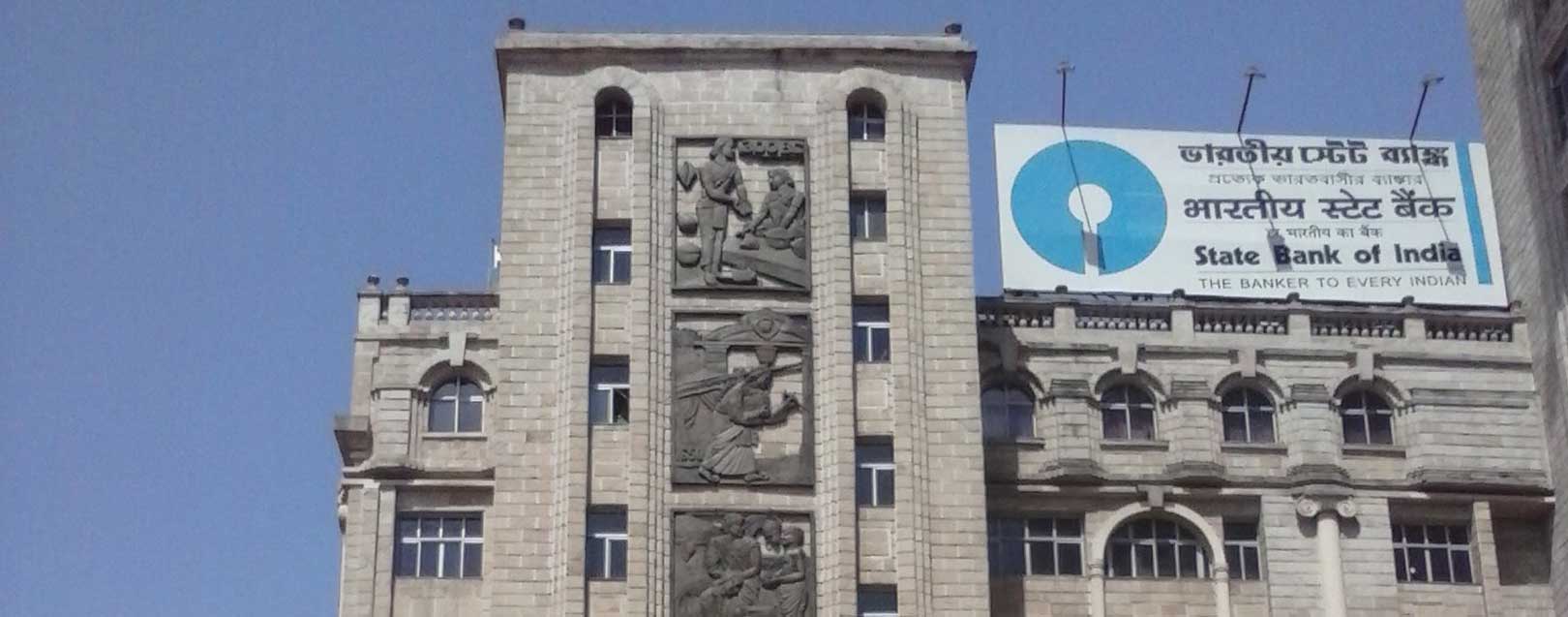
Loans are ‘written-off’ but not ‘waived-off’, says SBI
Sheela Mamidenna
Indian public was in for another shock from the government after the PM Narendra Modi’s announcement of scrapping the Rs.500 and Rs.1000 currencies on November 8. Popular media reported that State Bank of India (SBI) had written off Rs.7000 crores in loans to 63 of its top willful defaulters, including the debt held by high-flying liquor baron, Vijay Mallya.
The Finance Minister and SBI were quick to disregard the notion by saying that a ‘write-off’ didn’t mean a ‘waiver’. Technically, the banks try to keep their books clean and in that process they try to recalibrate 'toxic debts' or debts that take a long time to recover.
In other words the bank transfers the bad loans into another category. Does this mean that the loan will forever be buried in the account ledgers of banks? What technicality is involved in this?
The Dollar Business spoke to a senior banking official and asked if SBI had waived off the loan, he said, “SBI 'cannot' waive-off a loan as it has no authority to do so, since the matter is now in the court of law.”
When asked what is it that SBI meant when it says it has written-off the loan? The official explained that the loan has not been written off but merely transferred to another head which in banking parlance is called 'Advanced Under Collection Account' or AUCA account. The reason they do it is for accounting purposes. Non-performing asset loans make a bank's ledger book look bad, and it increasingly adds to its overall tax liabilities and constricts their available capital.
Therefore, RBI encourages banks to make provisions against bad loans or in other words keep their books clean. If a bank has too many NPA's in its books, it becomes difficult for the bank to raise amount from the market. Under such circumstances, the banks shift the account from a 'live ledger' into an AUCA. The debt still holds true and the due process of recovery will be followed to clean the bad debt.
In this particular case, SBI shall over due course of time recover the whole amount from Vijay Mallya. When and how is a question that only the court can answer as the Indian legal process is known for its draconian-delays.
When asked if there was any connection between demonetisation and the shifting-off of Vijay Mallya's debt, he said there is no such connection. It was just a coincidence that in the case of Mallya's loan, the bank process shifted to the AUCA stage. Money due from him will be recovered and the legal process will be upheld.






 to success.
to success.